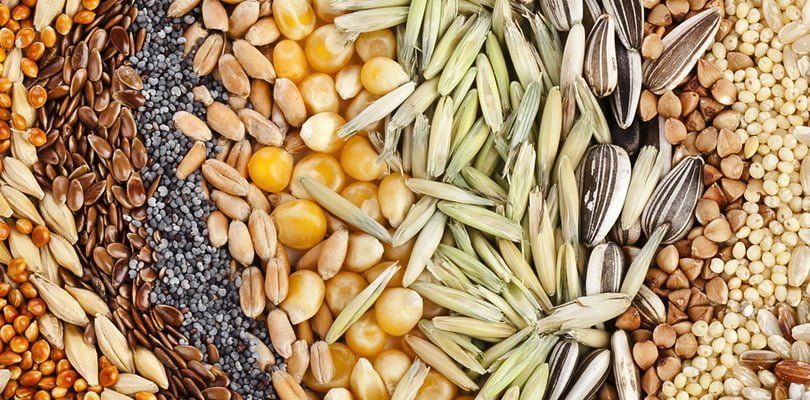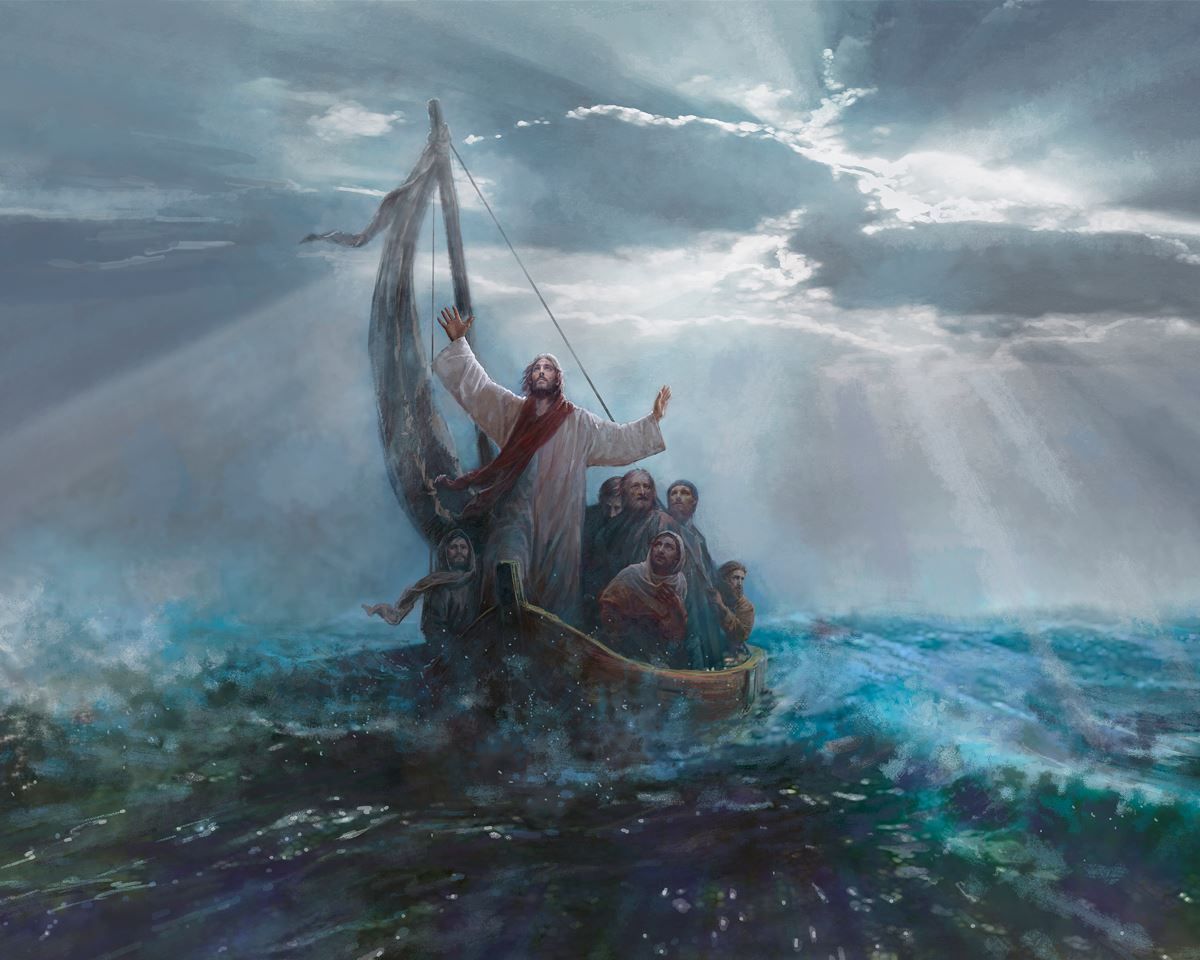Homily for the First Sunday of Advent December 1, 2024
Facing Our Anxieties.
According to the National Bureau of Standards, a dense fog covering seven city blocks to a depth of a hundred feet is composed of something less than one glass of water. This can be compared to the depths of the things we worry about in life. If we could see into the future, if we could see problems in their true light, they would not blind us to the world—to living itself—but instead could be viewed in their true size and perspective. Moreover, if all the things we worry about were reduced to their true size, we could probably put them all into a single drinking glass, too.
Our readings for this First Sunday of Advent invite us to be prepared for the coming of the Lord—for his first coming, which we celebrate at Christmas; for his final coming, which will take place at the end of time; and for his daily coming, his daily presence each day of our lives.
In the gospel, Jesus warns us not to become “drowsy” in two ways: from “carousing and drunkenness” and “the anxieties of daily life.” It is on the latter of the two that I want to focus today: the anxieties of daily life.
It seems to me that a lot of people are very anxious at this particular moment in our history. We have just experienced a really nasty and divisive presidential campaign, and many are anxious for their future, and the future of their children and grandchildren. Others are anxious about the cost of living, the high cost of food, and gas, and heating the home during winter. The poor are anxious, especially during the end of each month, when a large part of their monthly check has gone for rent, and money is running out for feeding the family and paying all the bills. Others are anxious because of serious illness—either their own or that of a loved one. So, the words of Jesus hit home, don’t they? The “anxieties of daily life” are very real. They are very serious, indeed. So, how can we say, as in the analysis with which we began, that “all the things we worry about” can probably be reduced “into a single drinking glass,” and not feel like “seven city blocks of heavy fog?”
Well, Jesus gives us two “answers,” two approaches to this subject to think about. First, he often speaks about the need to have trust in God. In one famous passage, for example, he asks us to consider how the wild flowers grow. They just present themselves each year; they can be ignored, or they can be gathered up with the grasses among which they grow and be burned. But not even King Solomon in all his glory was arrayed as these wild flowers. Similarly, Jesus says, take a good look at the birds of the air. They do not plant anything; they do not gather things into barns. And yet, your heavenly father feeds them.
For Jesus, the opposite of love, oftentimes, is not hate, but fear. Think of the number of times he asks his followers, why did you fear, or where is your trust.
I have known people who were able to take these lessons to heart. I remember the poor widows that I encountered in my youth. I remember one in particular who would come to our home with $100 in cash. She would ask my mother to write letters for her, explaining that half of the money would go to various relatives in Poland, and the other half to various missionaries that they wanted to support. And somehow, she survived.
The other thing that Jesus did to help us overcome anxiety is to call people into communion, asking that we be there for others. He even identified himself specifically with the poor: I was hungry, and you gave me food, I was thirsty, and you gave me drink; I was naked and you clothed me. In the early days of my life, we had a coal stove. I found out much later that my dad would order a load of coal for us, and a second load to be given anonymously to one or another widow who needed help. So, if community works in the way Jesus intended, if we really strive to love one another, then we should be there for each other, so that no one has to face their fears and anxieties alone.
Life can be hard; problems can feel overwhelming. But if we nurture our faith, so that we can firmly believe that God is with us, and we nurture a sense of community, so that no one has to face tragedy or loss on their own—then, anxiety become manageable. Just talking about our problems, either with a friend, or a professional counselor, can help. But if we can truly be there in meaningful ways for each other, the wear and tear of daily life is lighter because it is shared.
Here at Our Lady of Peace is a community that has heard the message and responded in love. Think of all the people being fed each Monday afternoon. Think of all the young mothers who are getting help with diapers. Think of all those who come to our door when they have no one else to turn to. Through your generosity and compassion, we are making burdens lighter.
So, if you want to see your anxiety level go down, be there for others. Find someone worse off than you. Listen to the fears, offer encouragement, share the load. That’s how seven city blocks of heavy fog can be reduced to less than a drinking glass: share the anxiety with others; share your anxiety with the Lord; reach out, and help others to carry the load.
You might also like
Father's Homilies

Our Location.
Contact Us.
church@ourladyofpeacetf.com
WeConnect | By LPi



